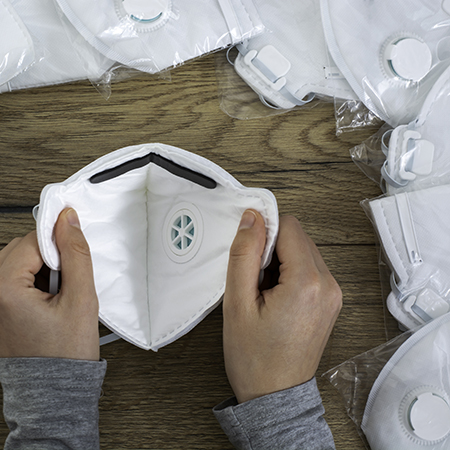The government expects surgical hubs, new technology and innovative ways of working to help tackle waiting lists and treat around 30% more elective care patients by 2023/24 following its confirmation that £36 billion will be raised for health and social care through a rise in National Insurance contributions.
With the new funding, the NHS is expected to deliver an extra nine million checks, scans and operations for patients across the country. The government says the NHS will also push forward with faster and more streamlined methods of treatments.
Surgical hubs already being piloted in a number of locations, including London, are helping fast-track the number of planned operations, including cataract removal, hysterectomies and hip and knee replacements, and will be expanded across the country. Located on existing hospital sites, surgical hubs bring together the skills and resource under one roof while limiting infection risk and providing a COVID-19 secure environment.
Health and Social Care Secretary Sajid Javid says: “This global pandemic has presented enormous challenges for the NHS and led to a growing backlog – we cannot go on with business as usual.
“We are going to harness the latest technology and innovative new ways of working such as surgical hubs to deliver the millions more appointments, treatments and surgeries that are needed over the coming months and years to tackle waiting lists.”
Professor Steve Powis, NHS England medical director, adds: “Although the pandemic is still with us and we will have to live with the impact of Covid for some time, the NHS has already made effective use of additional resources to recover services - from adopting the latest technologies to more evening and weekend working, NHS staff are going to great lengths to increase the number of operations carried out.”
The NHS has been trialling a range of new ways of working in 12 areas, backed by £160 million, to accelerate the recovery of services. This includes setting up pop-up clinics so patients can be treated quickly, in person, and discharged closer to home, as well as virtual wards and home assessments to allow patients to receive medical support from the comfort of their home, freeing up beds in hospitals.
Examples include the use of surgical hubs at Moorfields Eye Hospital to reduce the time cataract patients spend in hospital to around 90 minutes, and ‘Super Saturdays’ at Nottingham NHS Trust where staff perform the same procedure all day to reduce changeover times for equipment and staff.











